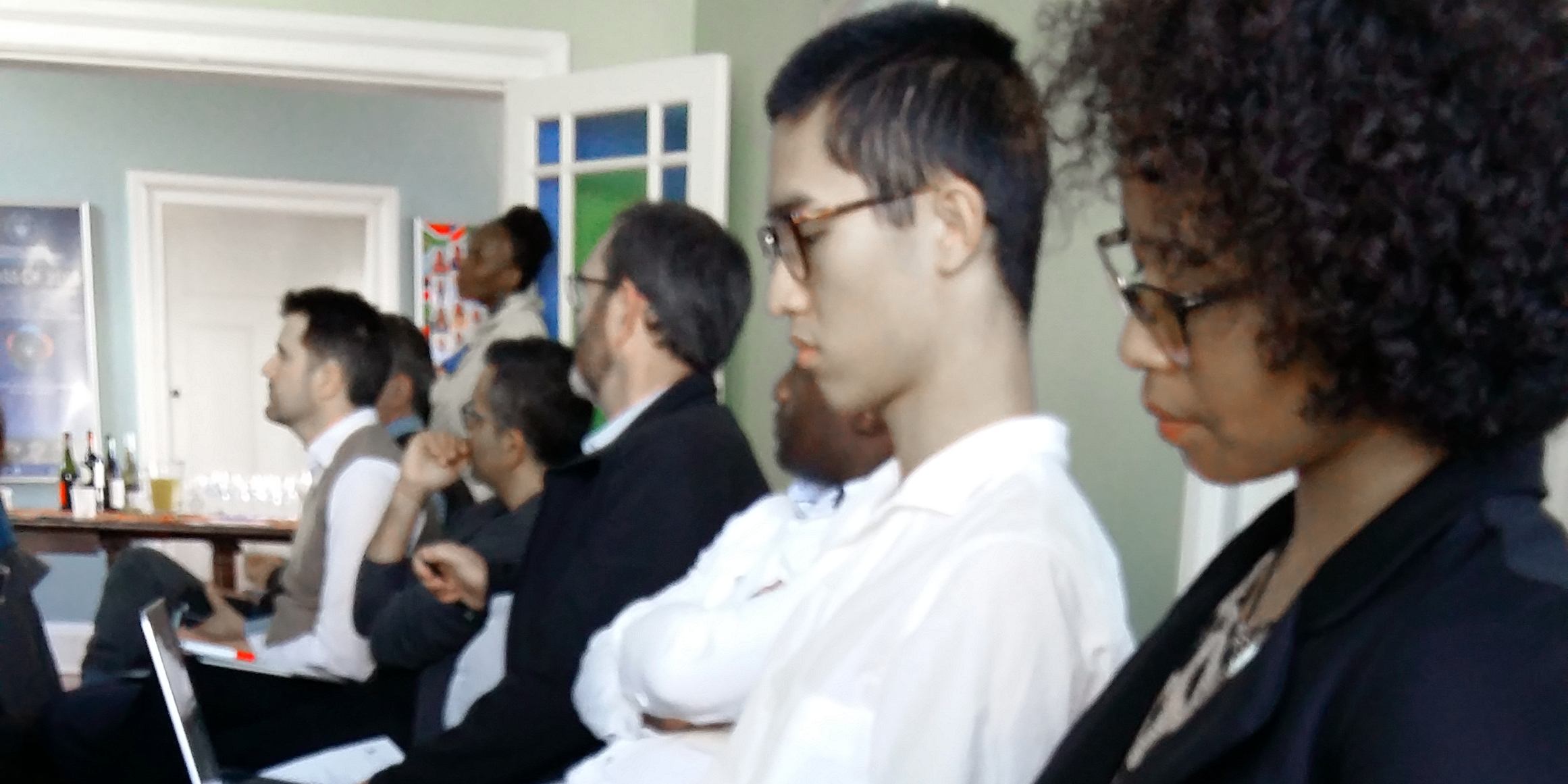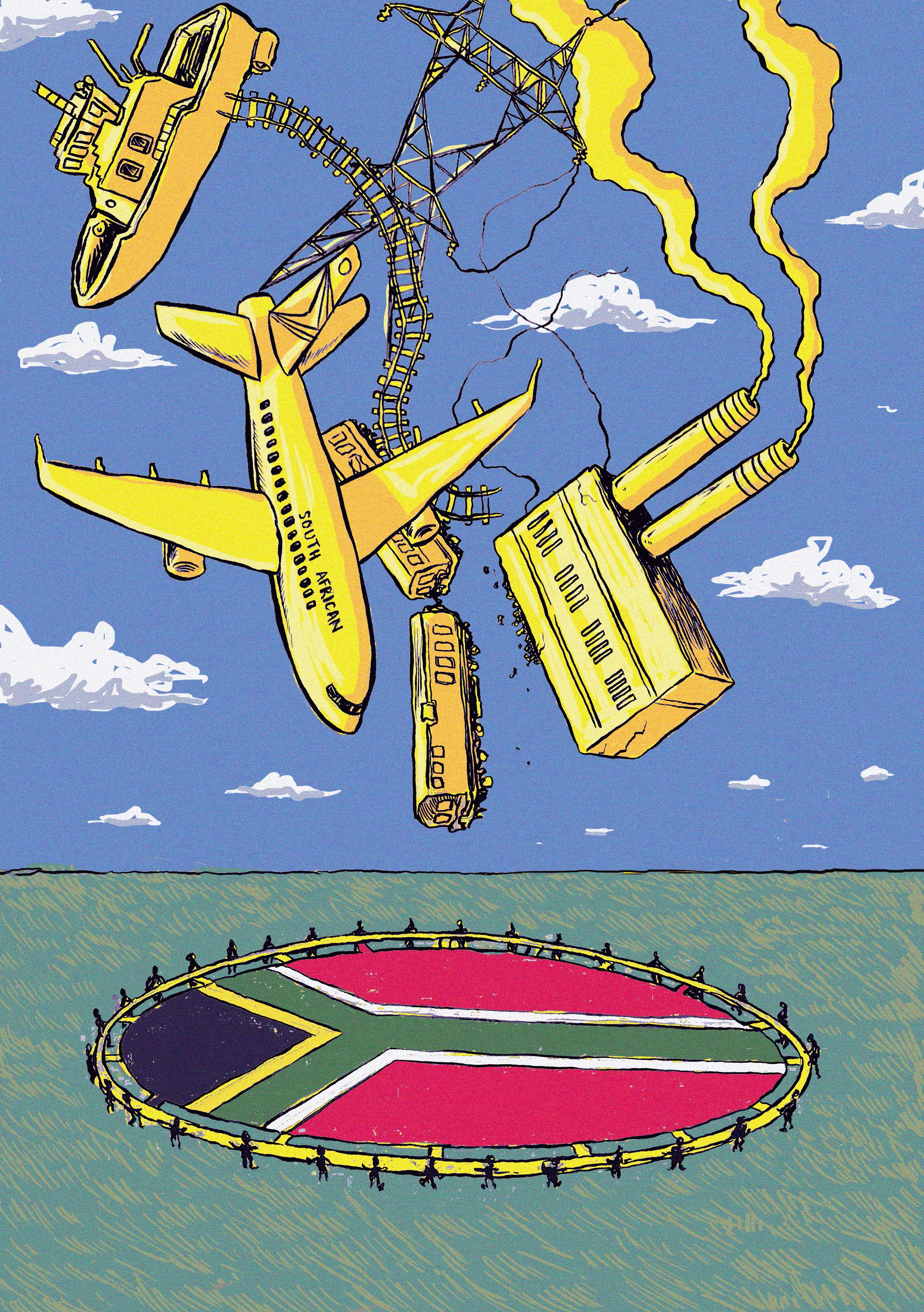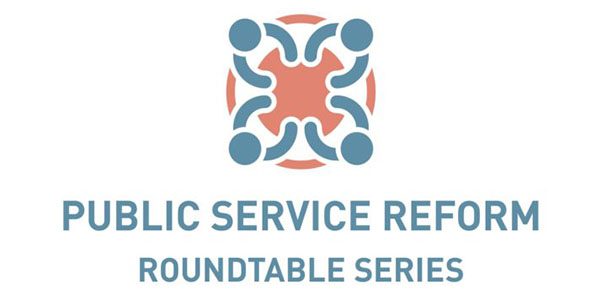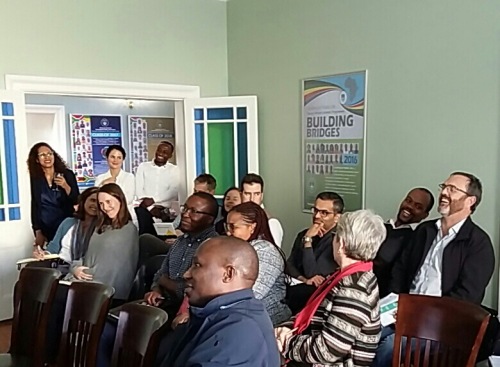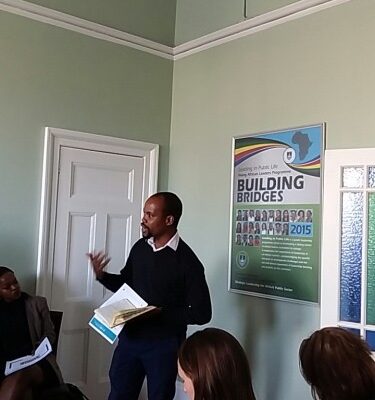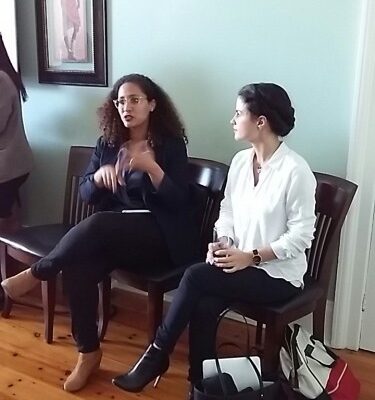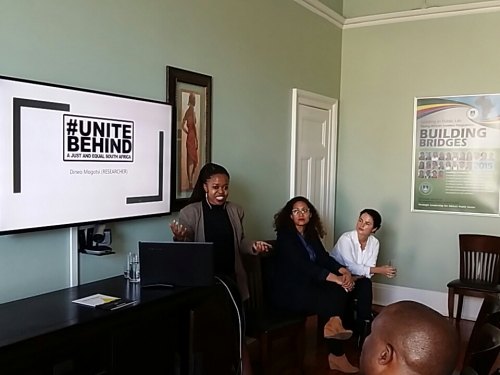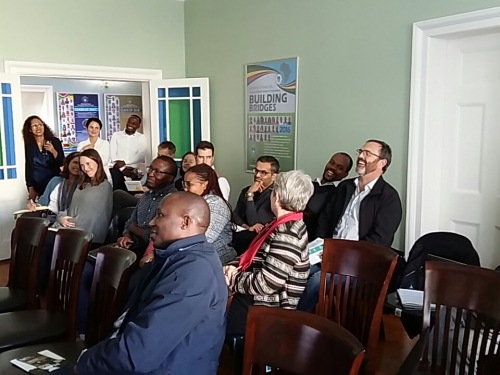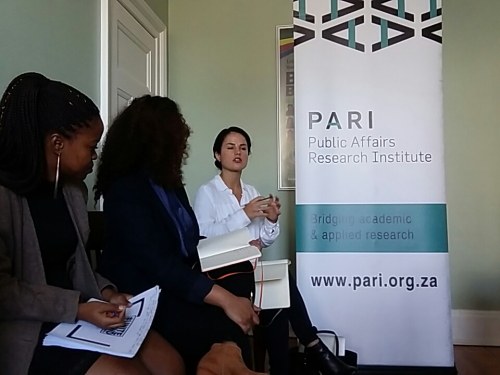DINEO MOGOTSI FROM #UNITEBEHIND ON THE KARIMA BROWN SHOW
#AFTERCAPTURE: ROUNDTABLE SERIES No. 5
CREATING SUSTAINABLE STATE OWNED ENTERPRISES (SOEs)
WEDNESDAY 25 JULY 2018
The Nelson Mandela School of Public Governance, University of Cape Town, Linkoping House, 27 Burg Road, Rondebosch, 7700
The Future of Energy and State-owned Companies in SA
In this fifth roundtable of the #AfterCapture Public Service Reform series, keynote speakers Catrina Godinho and Lauren Hermanus delivered a comprehensive and candid presentation on the role of state-owned enterprises (SOEs) in the energy context in South Africa. Godinho is a PhD Candidate in the Management Programme in Infrastructure Regulation and Reform (MIR) at the Graduate School of Business of the University of Cape Town, with her research focusing on the political economy of power sector reform and development. Hermanus is a sustainable development practitioner and researcher focused on the green economy, urban resilience and energy innovation, and has worked closely with MIR and MPs on research into the capture of Eskom.
Godinho and Hermanus explained how the structure of Eskom – a state-owned, centralised, vertically integrated monopoly – has made it ripe for the plucking. “State capture at Eskom is a symptom of the current structure and governance of SOEs in South Africa,” they explained, pointing to low levels of transparency and the cover offered by political agendas.
Political leaders are involved in board and executive appointments, with opaque recruitment procedures and lax systems subject to inattention to conflict of interest and ministerial discretion.
Without transparency, there is no accountability, impeding remedial action by obscuring rules and lines. Furthermore, the opacity enables manipulation of critical narratives, such as on nuclear energy, and internal and external reporting.
Its structure is a legacy of apartheid, and in the current context of transformation “Eskom is too big, ill-equipped and inefficient to adapt to its new environment”. SOEs with monopoly power across the value chain become “the enemy of the people and an instrument of capitalist oppression”, at the mercy of political agendas.
The Eskom business model doesn’t make economic sense anymore; rather we should move towards multiple SOEs and private companies that specialise in different functions and operate under separate boards. It goes without saying that we should also improve governance and transparency, add accountability mechanisms, regulate competition and encourage innovation.
“[This] would also weaken incumbent interests (e.g. big coal mining houses) and open the space to other voices (e.g. municipalities), while protecting the larger electricity system from Eskom’s escalating generation costs and financial troubles.”
On a positive note, exposure of the nature of the beast is stoking a fire under civil society, and spurring a discourse that is being served to a wider range of stakeholders. Godinho and Hermanus, and discussant Dineo Mogotsi of the #UniteBehind coalition – who took a sobering look at PRASA – all concluded that devolution, transparency and a longer term view to build skills and local production are key to true democratisation and sustainability.

